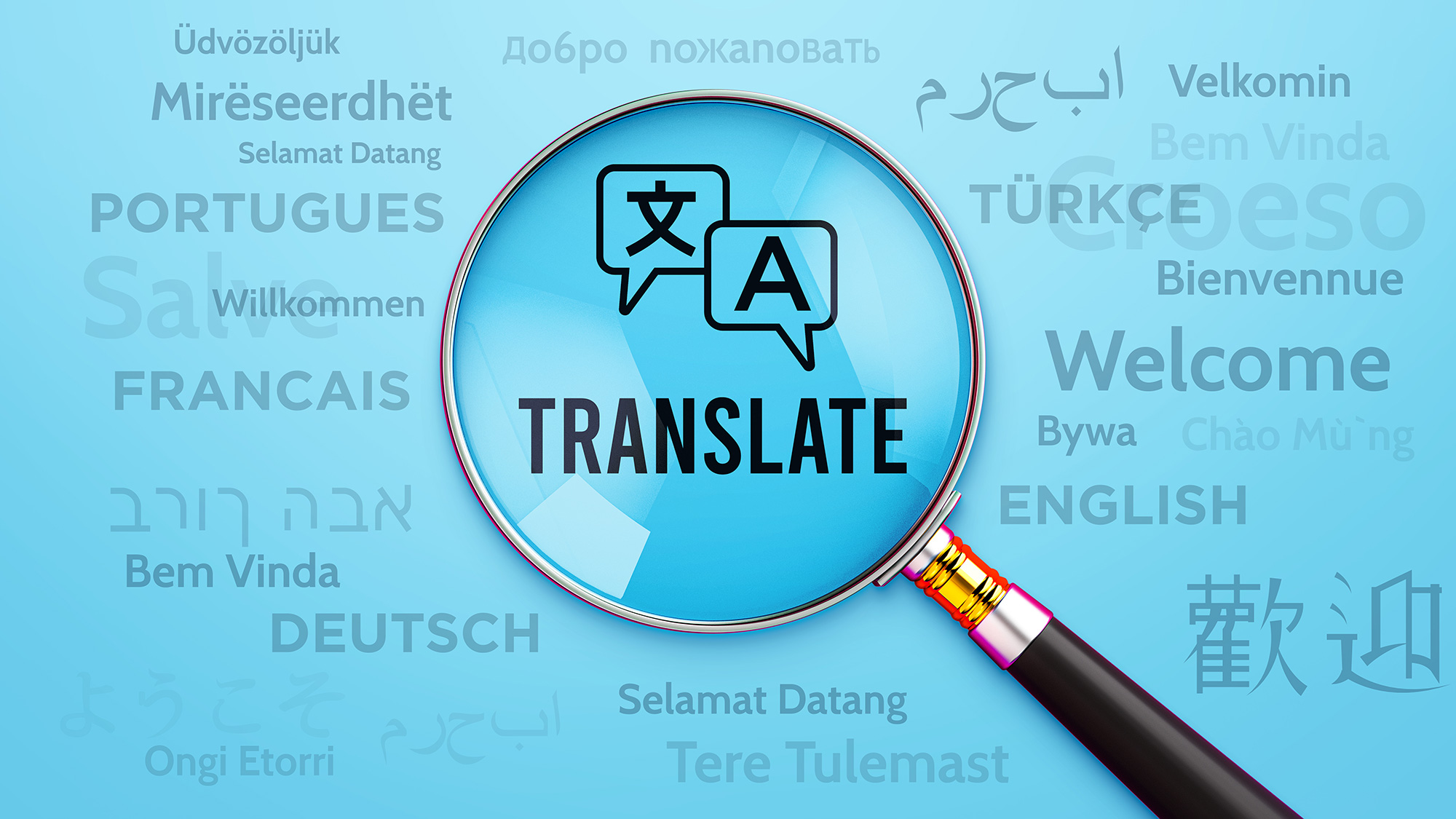In today’s digital commerce landscape, website localization is a key adaptation strategy, particularly when venturing into specific markets like Japan. Due to its unique linguistic and cultural environment, mastering the art of website localization becomes a necessity for businesses looking to build their presence in Japan.
But, when it comes to finding the right partner to do it for you (or with you), did you know that there are many different options that you could choose from?
This blog aims to explore the various types of website localization and help you understand the different service providers, their expertise, and what would be the most suitable option for your business in Japan.
Unfolding 5 Different Approaches and Providers of Localization
Localization goes beyond translation; it involves customizing every facet of your website to resonate with the local audience linguistically, culturally, and technically. This is particularly significant in Japan, a country rich in unique cultural and language nuances.
Sometimes, people misunderstands that it’s just a translating the website and it’s done. But, website localization is not a one-time activity. It’s a constant endeavor to keep your website relevant and appealing.
So, when considering to localize your corporate website, you needs to understand the importance of choosing the right approach and service provider to maintain and update localized content.
The following table is quick summary of the 5 types of localization, best-suited service providers, and the pros and cons of each.
| Localization Type | Service Provider | Pros | Cons |
|---|---|---|---|
| Linguistic | Translation Agencies | Deep linguistic understanding | Might lack technical expertise |
| Cultural | Advertising Agencies | In-depth cultural insight/Trends | May overlook linguistic nuances |
| Technical | Web Design Agencies | Technically proficient | Might lack cultural understanding |
| SEO | Web Design Agencies | Enhances web visibility | Requires constant updates |
| Legal and Regulatory | Legal Firms | Ensures legal compliance | Can be costly |
Let’ have a look in more details.
Linguistic Localization
Linguistic localization plays a pivotal role in establishing an emotional connection with the Japanese audience.
It is more than word-to-word translation; it involves capturing the essence of the language that a simple machine translation cannot achieve.
Who does it best? Pros & Cons
Generally, translation agencies excel in providing this service by having linguistic experts who understand the nuances and idiosyncrasies of the Japanese language. Often, idiomatic expressions or dialects can become a pitfall as they can lead to misinterpretations. With the help of Japanese native speakers, these issues can be avoided.
The merits of working with the translation agency is that they will use a translation management software (TMS). Not only they are capable of handling technical terms, they will be consistent and most efficient.
In addition, if your original content is not in English, they have the pool of qualified translators, who’s can get the job done.
There are some downsides. A notable one is that some translation agency might lack technical expertise in adjusting website elements like layouts and designs. They can offer accurate translations but may fall short in providing insights from a technical and marketing perspective.
Secondly, although the quality of translation is assured, it comes at a varying price, dependent on the volume and delivery timeline. Not to mention the extra cost and less availability of translator, if you to look for someone competent in language other than English.
Cultural Localization
Cultural localization, vital for businesses trying to establish a local presence, is deeply rooted in understanding the socio-cultural norms of the Japanese audience.
This type of localization comes into consideration, at planning and marketing phase. Of course, you could replicate your marketing strategy at home if it’s working well.
However, it would be wise to be sure that your website and its brand’s message is aligned with local values, traditions, and consumer behaviors.
Who Does It Best? Pros & Cons
Experts in this field would be consultants and advertising agencies, who typically offer these services. Having a deep understanding of local norms, customs, trends, and business etiquette as well as business connections, they help you navigate the Japanese market.
A culturally-sensitive web design, ensured by these experts, not only enhances user experience but also fosters trust with the audience. It’s important to avoid any cultural faux pas in service and product’s name, advertising slogan, images, colors, or symbols that could harm your reputation.
Drawback of working with the advertising agency would be that, you will need extra hand when it comes to creating and running an actual website.
While working with an advertising agency offers numerous benefits, it’s crucial to recognize where their expertise may fall short. Managing and maintaining a website requires a distinct set of skills that often goes beyond the scope of traditional advertising agencies. This encompasses not just the initial creation of the website but also its ongoing maintenance, updates, and potentially even SEO optimization and content management.
As such, you may find yourself in need of additional support – either from an in-house team or a specialized web development firm – to ensure that the technical and functional aspects of your website are taken care of. This requirement for extra resources can add to the overall cost and be inefficient.
Technical Localization
Technical localization, ensures your website functions smoothly for local users. Japanese customers expect a seamless, high-speed browsing experience; hence, technical issues could dissuade potential customers.
There are many things to consider when localizing your website, such as user’s device, page layouts, as well as alignment with local search engine requirements. If you are building a new website (or pages) from a scratch, you might need to reconsider the over-all structure of your website as well.
Who Does It Best? Pros & Cons
Naturally, this service would be typically offered by local web design agencies. With vast experience of designing and developing a corporate website for Japanese companies, agencies can advise you on how you can create your authentic Japanese website.
Technical requirements, such as adapting to local payment systems and shipping options, are efficiently handled by these agencies. By incorporating a multilingual plugin, linguistic localization can be taken care of as well.
The challenge in this aspect of localization for foreign company would be, finding a bilingual web design agency. There are many highly-skilled web design agencies in Japan, some of them even recognized internationally. Because for most design company, their clients are domestic Japanese companies, they may not be prepared for work internationally.
When it comes to actual work, you will need to communicate frequently in the process. You might want to discuss in-depth about your needs and requirement, make a request for adjustment of layouts and designs, make sure that contracts and payments are well-in-order. So, it’s either you or the company to secure ways to communicate English to Japanese (or Japanese to English).
Search Engine Optimization (SEO) Localization
SEO Localization, involves optimizing your website to rank higher on search engines result pages (SERPs) in Japan. Effective SEO localization brings visibility, attracts the right audience, and leads to higher traffic and conversions.
It’s similar to cultural localization, in terms of identifying right buyer’s persona, and coming up with marketing strategy. Difference with SEO localization is that it’s focused more on online marketing, specifically related to how your website will perform and converts a lead into actual customer.
Who Does It Best? Pros & Cons
Same technical localization, this would be another strength of web design agencies. For effective localization, it’s essential to understand local search behaviors, use localized keywords, and keep your contents and SEO strategy updated.
The challenge would be as same as we have discussed. Finding a web design company, or anyone, who can do multilingual SEO, and handle all the related communication would be very difficult in Japan.
Legal and Regulatory Localization
When it comes to doing business in Japan, this country has specific laws and regulations around data privacy, consumer rights, and online transactions. For example, here is a list of some regulations to be considered when building your website.
- Act against Unjustifiable Premiums and Misleading Representations
-
Governs advertising and promotional practices to prevent misleading representations and unjustifiable offers.
- Consumer Contract Act
-
Protects consumers by regulating unfair contract terms and conditions in consumer contracts.
- Act on the Protection of Personal Information
-
Ensures the proper handling and protection of personal data, crucial for websites dealing with customer information.
- Act on Specified Commercial Transactions
-
Covers regulations for online sales, including disclosure requirements for business operators.
In addition to the above, there are sector-specific laws and ordinances that might apply depending on the nature of your products and services. These could include regulations related to e-commerce, digital content, health and safety standards, and industry-specific data protection standards.
Who Does It Best? Pros & Cons
Law firms are best suited to supervise this kind of localization. These agencies can help navigate the legal landscape, ensuring compliance and avoiding potential legal issues.
However, it’s important to note that while they offer legal expertise, their services can be quite costly, and they typically lack specialized knowledge in other key areas like translation, SEO, or layout design, all critical for comprehensive website localization.
Choosing the Right Localization Strategy & Partner
The choice of localization strategy depends various factors, such as your marketing and business goals in Japan. More specifically, you might have your target audience researched and certain budget to keep.
As we have laid out 5 different approaches of localization, understanding them should help you decide the service providers that suits your needs.
In reality, the website localization is about finding the right combination of providers, depending on your needs, budget as well as available expertise. Like engaging a law firm would be one component of a broader localization strategy, complemented by other specialists who can address the full spectrum of website adaptation needs.
If you aren’t sure where to start, it will be beneficial to consult with your in-house team or seek expert help to ensure that the chosen strategy is comprehensive and effective.
Let’s Work Together!
The importance of website localization in the Japanese market cannot be overstated.
It’s crucial to ensure your localization strategy aligns with your business goals, target audience, and is well-executed by the right service providers.
Remember, localization is a continuous process that needs constant learning, adapting, and improving. Upgrade Inc.is a company that can do them all. Contact us today and start your localization journey!



